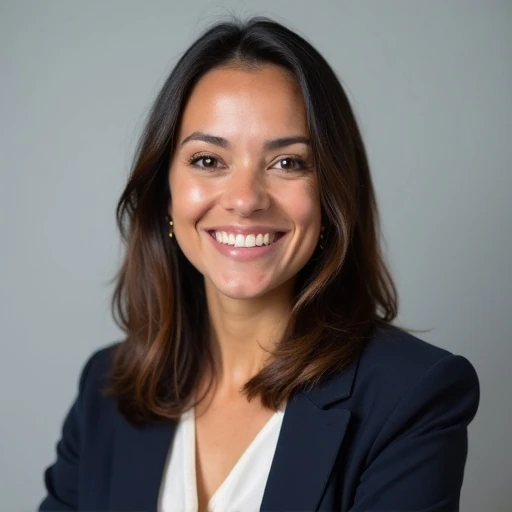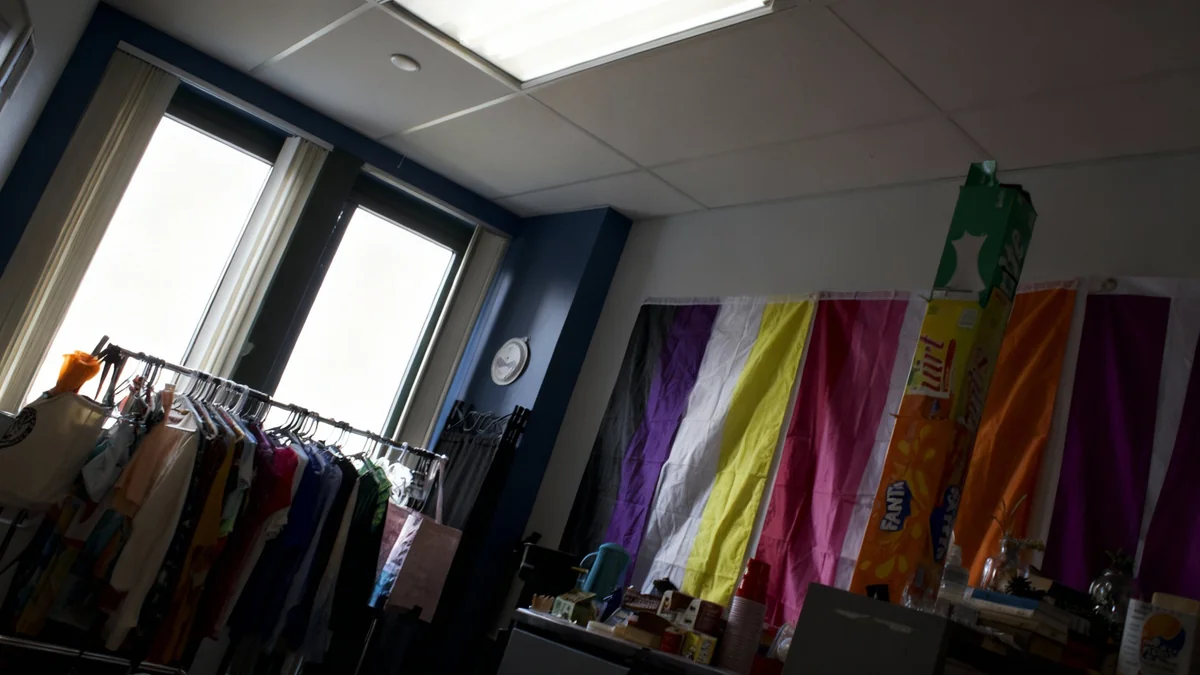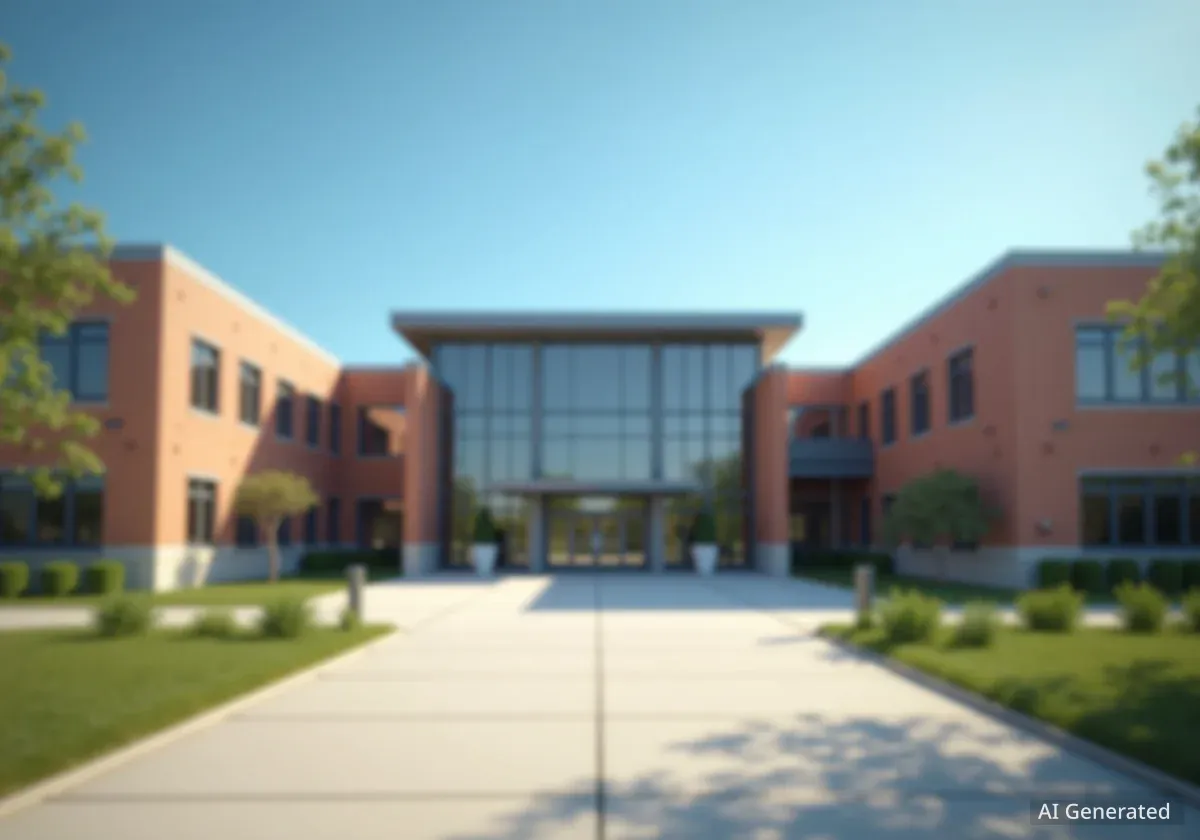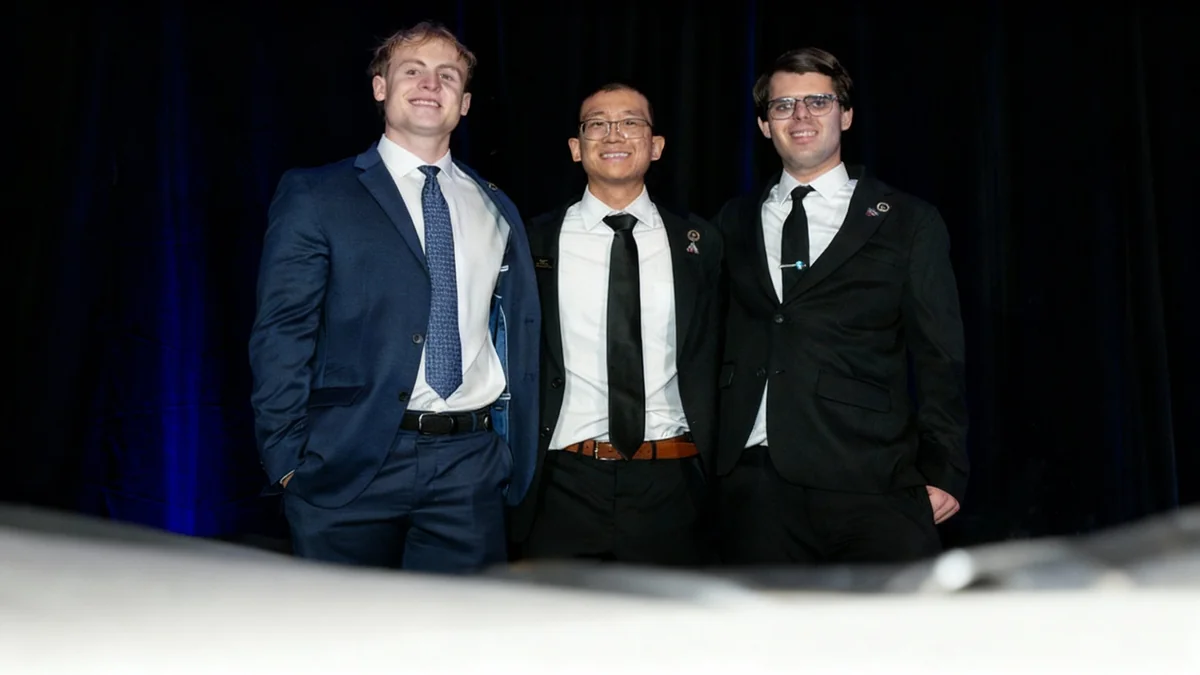A decision by the University at Buffalo to close a student-managed queer community space has ignited a conflict with student leaders, who argue the move eliminates a vital safe haven on campus. The university maintains the change is part of a broader effort to ensure equitable access to facilities, but students have organized a petition and planned protests in response.
The room, located in Student Union 373, is scheduled to be repurposed at the end of this month. The LGBTA student club, which has operated the space since 2021, is leading the effort to reverse the decision, stating that a new university-run center does not meet the same needs as a peer-led environment.
Key Takeaways
- The University at Buffalo is closing Student Union 373, a queer community space managed by the LGBTA student club.
- University officials state the closure promotes equitable room access for all student organizations and points to a new, professionally staffed LGBTQ+ Center as an alternative.
- Student leaders argue the space was established as a community resource, not an exclusive club room, and that the new center cannot replace a student-run safe space.
- A petition to save the space has gathered over 550 signatures, and a protest has been organized by the club.
A Dispute Over Space and Safety
The university notified the LGBTA club's executive board on October 2 that they would need to vacate the room. In a statement, Student Union Director Sue Kurowski explained the decision was part of "ongoing efforts to ensure equitable access to SU spaces."
According to the university, this policy change aims to make the Student Union's rooms available to the entire student population through a reservation system rather than assigning them to specific clubs. The former queer space is slated to become a new commuter lounge.
However, students who frequent the space describe it as more than just a club room. Rouge Rodriguez, a graduate student, found a crucial support system there during the isolation of the pandemic.
"It offered a way to have that social support which I think is especially needed," Rodriguez said. "I really do miss it. I wish I had time to go back."
The LGBTA club's leadership insists the room was never intended for their exclusive use. Kay Heubusch, the club's president, said an agreement was made in 2021 to establish it as a community space that the club would voluntarily manage.
Conflicting Interpretations of an Agreement
Heubusch points to email correspondence from 2021 with then-SU Director Maria Wallace, who referred to SU 373 as a "community space." In one email, Wallace advised the club against marketing an event as a "Grand Opening by LGBTA," stating, "This may be seen as ownership of space and we need to move to ‘Community Space’ philosophy."
In response to the closure announcement, the LGBTA club launched a petition that quickly amassed approximately 560 signatures from students and community members. A protest is scheduled to take place at the corner of Lee Road and Founder’s Promenade.
University officials, however, state there is no written agreement on file that grants the LGBTA club exclusive or perpetual access to the room. Kurowski noted that while the club previously had an office, such agreements were only valid for one academic year at a time.
The University's Alternative and Student Concerns
As a replacement, the university is directing students to the newly opened LGBTQ+ Center on the second floor of the Student Union. The center is staffed on weekdays and offers meeting, study, and lounge areas.
"UB recognizes the importance of providing safe, welcoming spaces on campus for our students," Kurowski stated, positioning the new center as the primary hub for community building and support.
Despite this, members of the LGBTA club feel the new center is not an adequate substitute. They express concern that a university-staffed environment will inhibit the open and candid conversations that are vital to their community. Heubusch explained that this includes the use of reclaimed slurs, which are part of the queer community's identity but might not be permissible under university standards.
Student-run safe spaces on university campuses are often seen as critical for marginalized groups. They provide an environment free from administrative oversight where students can speak freely, share personal experiences, and build community with peers who have similar identities and challenges. Proponents argue that such autonomy is essential for fostering authentic connection and support.
"We worry that in a space that is monitored by staff... we’re going to lose all those conversations and in doing so we’ll lose part of the collective queer consciousness and community we’ve developed," Heubusch said.
This sentiment is shared by others. Aaron Field, the club's secretary, said he would not feel comfortable in the new center. "I don’t know where I would go or what I would do," he said. "I would probably just go sit at some random place and not talk to anyone."
A Community Divided
The core of the disagreement appears to be a fundamental difference in philosophy. The university is pursuing a centralized, equitable model for its student spaces, while students are fighting to preserve a decentralized, community-led model they feel is essential for their well-being.
The LGBTA e-board has reached out to multiple university administrators and the Student Association's advocacy department but has consistently been directed back to the new LGBTQ+ Center. Heubusch clarifies that their opposition is not to the center itself.
"I think it’s a great resource but I think that queer spaces also need to come from the hearts and minds of queer students," she explained. "People want both things to exist."
The decision has left many students feeling betrayed and angered. "For a lot of people, it’s felt like a massive betrayal that UB has decided to do this to a queer community space," Heubusch concluded. As the end of the month approaches, the future of a student-led queer presence in the Student Union remains uncertain.





